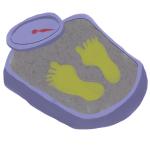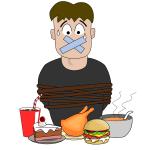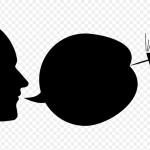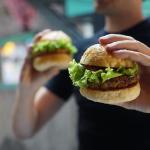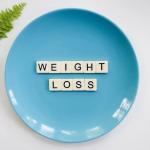For those not fully immersed in social media, our digital version of Popular Mechanics, Scientific American, Reader’s Digest, and the Enquirer, sequential meals or eating refers to a specific sequence in which you eat your food.
weight loss
It would be so delightful, even life-affirming, to get Novo Nordisk's execrable O-O-O-Ozempic TV ad off the air, or even reduce its malevolent presence. While there is no shortage of cringe-worthy TV ads (am I the only one
In 2021, I highlighted the impact of rapid weight loss programs on your basal metabolic rates (BMR) and your ability to sustain any intense exercise activit
Join host Cameron English as he sits down Dr. Chuck Dinerstein to break down these stories on episode 29 of the Science Dispatch podcast:
There's no denying that social media platforms engage in ideologically motivated censorship.
The philosopher Aristotle taught that moderation was essential to virtuous living.
Over the weekend, Bill Maher took the fat-acceptance movement to task for lying about the dangers of obesity and excusing overweight people from taking responsibility for their eating and exercise habits.
Mainstream medicine has traditionally stressed that obesity poses a serious risk to public health, and indeed there appears to be
Join ACSH directors of bio-sciences and medicine, Cameron English and Dr. Chuck Dinerstein, as they break down these stories:

